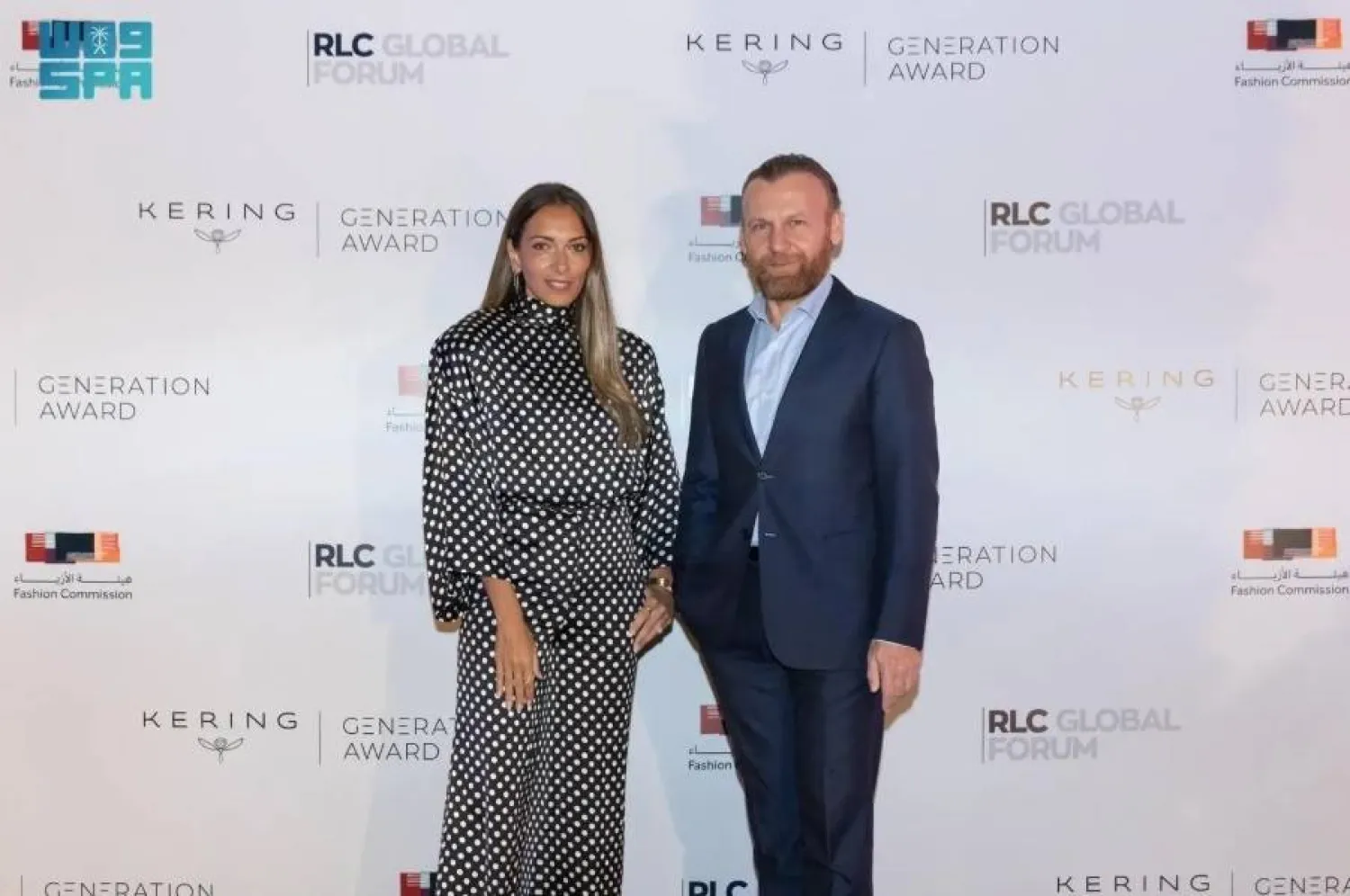Istituto Marangoni, one of the top fashion universities in Milan, unveiled a strategic partnership with the Saudi Fashion Commission to establish an institute in Riyadh in 2025.
The announcement came during a press conference in the Saudi capital on Tuesday, in the presence of Deputy Minister of Culture Hamed bin Mohammed Fayez.
According to a statement, the institute’s mission in the Kingdom is to open new horizons for developing local talent, empowering women, and enhancing employment with the aim to transform the fashion sector into a dynamic market for young consumers and innovators in the digital world. The institute will be accredited by the Saudi Technical and Vocational Training Corporation (TVTC).
The institute aims to provide academic services designed to boost career paths in the fields of fashion, business and luxury management. The main academic program includes a 3-year advanced diploma, and is available in specific basic areas, such as fashion product design and management, creative direction, perfume and cosmetics management and interior design.
Officials underlined the importance of this partnership, which they said reflected efforts to bolster foreign investments in the Kingdom.
In remarks to Asharq Al-Awsat, Chief Executive Officer of the Fashion Commission of Saudi Arabia's Ministry of Culture Burak Cakmak said the partnership with the Marangoni Institute was a good indicator of the foreign investors’ interest to work in the fashion sector in the Kingdom.
He added that the authority has worked over the past three years on many aspects to empower the sector, including identifying local brands, providing programs to professionalize business, and supporting talent at the international and local levels, leading to the launch of Fashion Week in Riyadh in October last year.
Managing Director of Istituto Marangoni Stefania Valenti explained that Saudi Arabia’s Vision 2030 has encouraged the institute to work with the Kingdom, pointing to the presence of a consistent program led by the Saudi Fashion Commission.
Moreover, she added that the growth of local and international brands in the Saudi market requires ready creative management.









